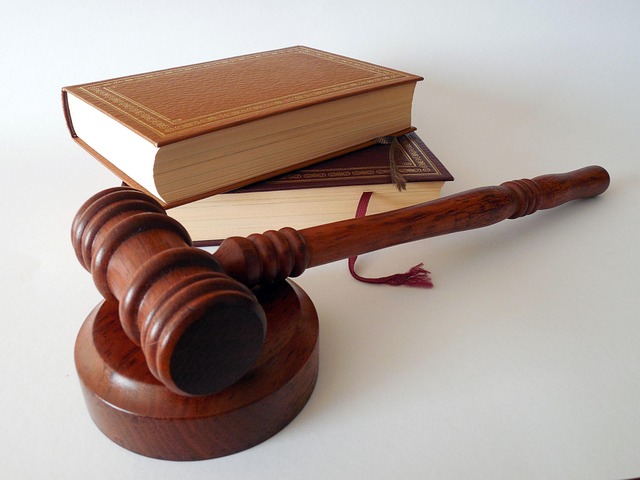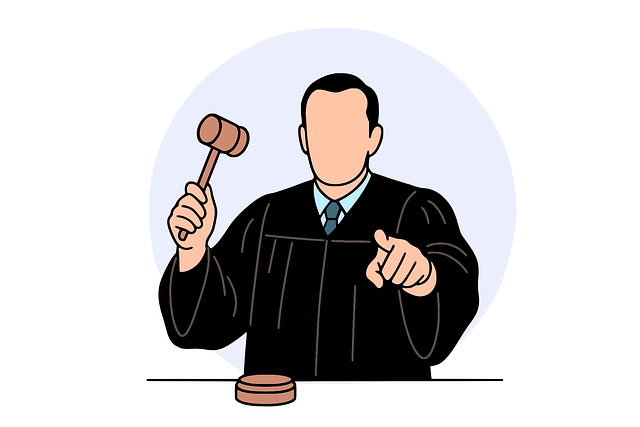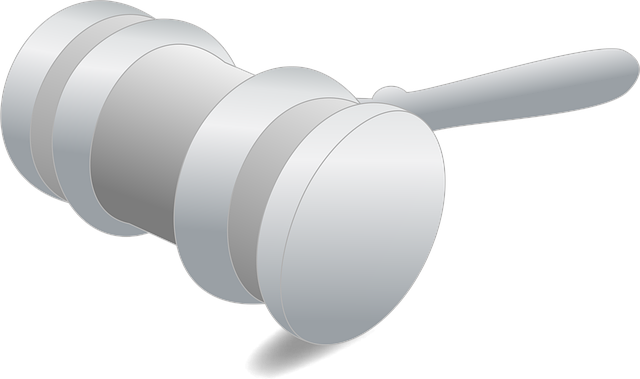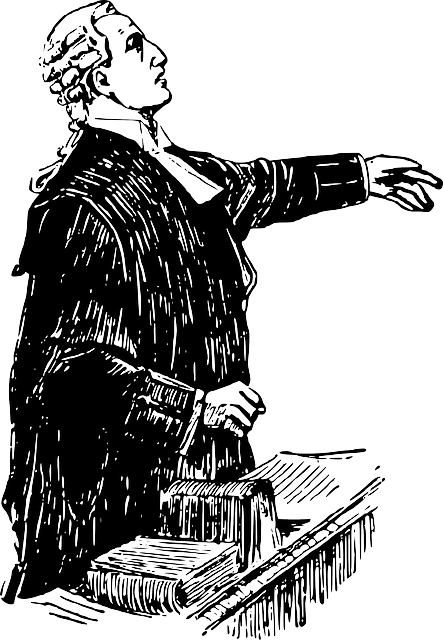A wrongful death claim, initiated by family after a tragic loss due to negligence or misconduct, seeks justice and compensation. This process varies by jurisdiction and requires compliance with specific statutes and time limits. Proving a successful claim involves demonstrating negligence, breach of duty, causation, and damages, often backed by medical evidence and expert opinions. Family members, now "death claimants," can pursue compensation for funeral expenses, medical bills, and the economic loss of the deceased's future contributions. Consulting an auto accident lawyer or wrongful death specialist is crucial for navigating complexities and securing adequate financial recompense.
Every death has consequences, and when it’s due to another party’s negligence or intentional act, understanding your rights is crucial. This article guides you through the intricate world of wrongful death claims, shedding light on key legal definitions every claimant should know. We’ll explore the legal framework governing these claims, the essential elements needed to prove validity, and the rights and responsibilities that come with such a significant process. By understanding these aspects, claimants can navigate their journey towards justice effectively.
- Understanding Wrongful Death Claim: The Legal Framework
- Key Elements to Prove a Valid Death Claim
- Rights and Responsibilities of Death Claimants
Understanding Wrongful Death Claim: The Legal Framework

A wrongful death claim is a legal process initiated by the deceased’s family or loved ones when their loss results from another party’s negligence or intentional actions. This can occur in various scenarios, including auto accidents, medical malpractice, caregiver abuse, and truck accidents. The primary goal of such a claim is to seek justice and compensation for the sudden and tragic loss.
The legal framework surrounding wrongful death claims varies by jurisdiction but generally involves specific statutes that outline the conditions under which a claim can be filed and the time limits within which it must be done. An auto accident attorney or truck accident lawyer, for instance, would be well-versed in these laws, ensuring that the claim is structured according to legal requirements. In cases of caregiver abuse, the focus shifts to negligence and intentional torts, with a emphasis on proving duty of care, breach of that duty, causation, and damages. Understanding these elements is crucial for claimants to navigate the complex process and secure fair compensation.
Key Elements to Prove a Valid Death Claim
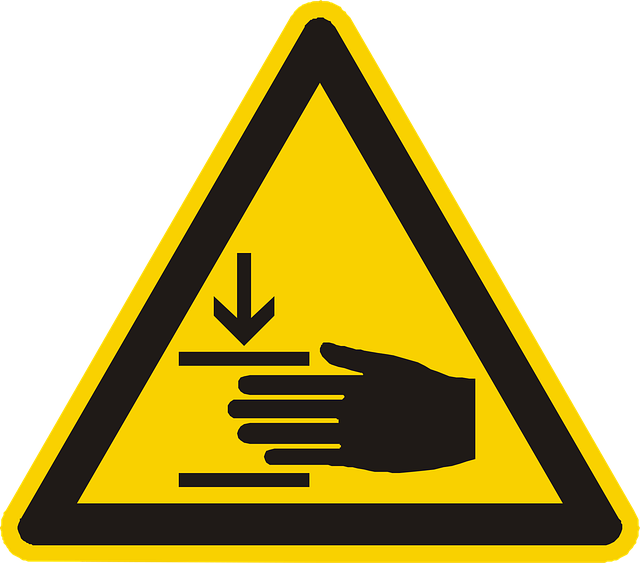
Proving a valid wrongful death claim requires establishing several key elements. Firstly, it’s imperative to demonstrate that a deceased individual’s passing was indeed caused by another party’s negligence or wrongdoing. This often involves presenting medical evidence and expert testimony to establish the direct correlation between the incident in question and the ultimate result. Furthermore, claimants must prove that the defendant owed a duty of care to the deceased, breached this duty through their actions or inactions, and that this breach directly led to the victim’s harm and subsequent death.
Additionally, establishing liability is crucial. This might include proving faulty products (defective products), demonstrating negligence in maintenance or operation (as in the case of an accident compensation scenario), or showing intentional misconduct. Insurance coverage dispute resolution can also play a significant role, where claimants need to understand their policy terms and rights to ensure they receive adequate financial support during this emotionally taxing process.
Rights and Responsibilities of Death Claimants
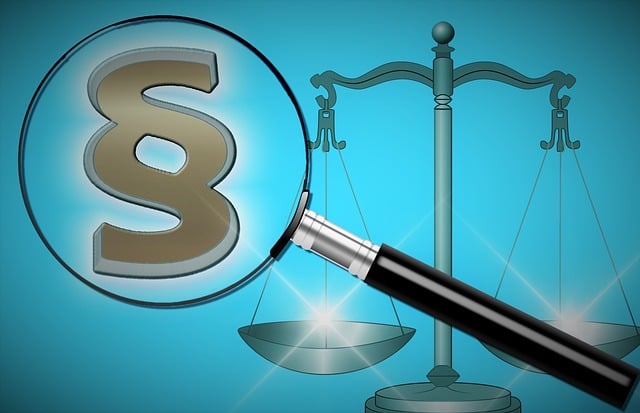
When a loved one’s death is caused by someone else’s negligence or wrongdoing, surviving family members become death claimants with specific rights and responsibilities. These rights include pursuing a wrongful death claim to receive compensation for the loss of their loved one. A wrongful death claim can help cover expenses like funeral costs, medical bills from the deceased’s final treatments, and the economic value of what the deceased would have contributed to the family if they were still alive.
As death claimants, it is crucial to understand that you are not alone in navigating this difficult process. An experienced auto accident lawyer or legal professional specializing in wrongful death claims can guide you through the complexities of filing a claim and help ensure that your rights are protected. This is especially important when dealing with potentially devastating events like car accidents resulting in injuries or even employment disputes where a worker’s life was prematurely cut short due to workplace hazards or unfair treatment.
A wrongful death claim is a complex legal process that requires a thorough understanding of key terms and rights. By grasping the essential elements needed to prove such a claim, as well as the responsibilities involved, claimants can navigate this challenging time more effectively. This knowledge empowers them to assert their legal rights and seek just compensation in the event of a loved one’s untimely death.



